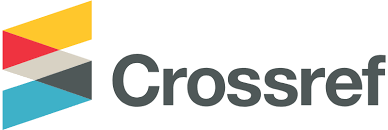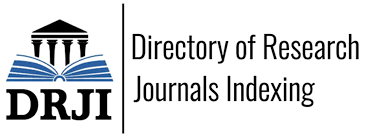Studying Islam in an age of disruption: towards knowledge integration
DOI:
https://doi.org/10.18326/ijoresh.v1i1.52-75Keywords:
Knowledge integration, Interdisciplinary Islamic studies, Balanced knowledge, Post-truth, Post-orientalism, Age of disruptionAbstract
This paper tries to offer an approach to studying Islam in the contemporary age by taking into account the socio-political contexts which surround the present-day Muslim communities. Islamophobia, post-truth, the era of identity, and post-orientalism pose new challenges to Islamic studies. The interdisciplinary approach is thus a necessity, in line with the complexity of the problems of contemporary Muslim societies. This study strives to investigate two main research problems, namely: (a) in which ways current socio-political circumstances pose challenges to the content and methodology of contemporary Islamic studies; (b) what kind of knowledge integration can be brought forward in response to these changing contexts. This paper argues that contemporary Islamic studies should move towards al-dirasa al-Islamiyya al-muwassa’a (Islamic studies in its widest sense) by integrating Islamic and modern scholarship. This knowledge integration is strategic in producing knowledge that is both up-to-date and deep-rooted in society. It should also involve the integration of perspectives and worldviews so that it may lead to the production of balanced knowledge, in the sense of not being trapped in apologetics and excessive criticism. This knowledge integration will be more embedded in society if it is developed into a knowledge culture.
Downloads
Published
How to Cite
Issue
Section
License
Copyright
Authors who publish with Indonesian Journal of Religion, Spirituality, and Humanity agree to the following terms:
- Authors retain copyright and grant the journal right of first publication with the work simultaneously licensed under a Creative Commons Attribution License (CC BY-SA 4.0)that allows others to share the work with an acknowledgement of the work's authorship and initial publication in this journal.
- Authors have the right to enter into separate, additional contractual arrangements for the non-exclusive distribution of the journal's published version of the work (e.g., post it to an institutional repository or publish it in a book), with an acknowledgment of its initial publication in this journal.
- Authors are permitted and encouraged to post their work online (e.g., in institutional repositories or on their website) prior to and during the submission process, as it can lead to productive exchanges, as well as earlier and greater citation of published work.
Licensing
This work is licensed under a Creative Commons Attribution-ShareAlike 4.0 International License.









